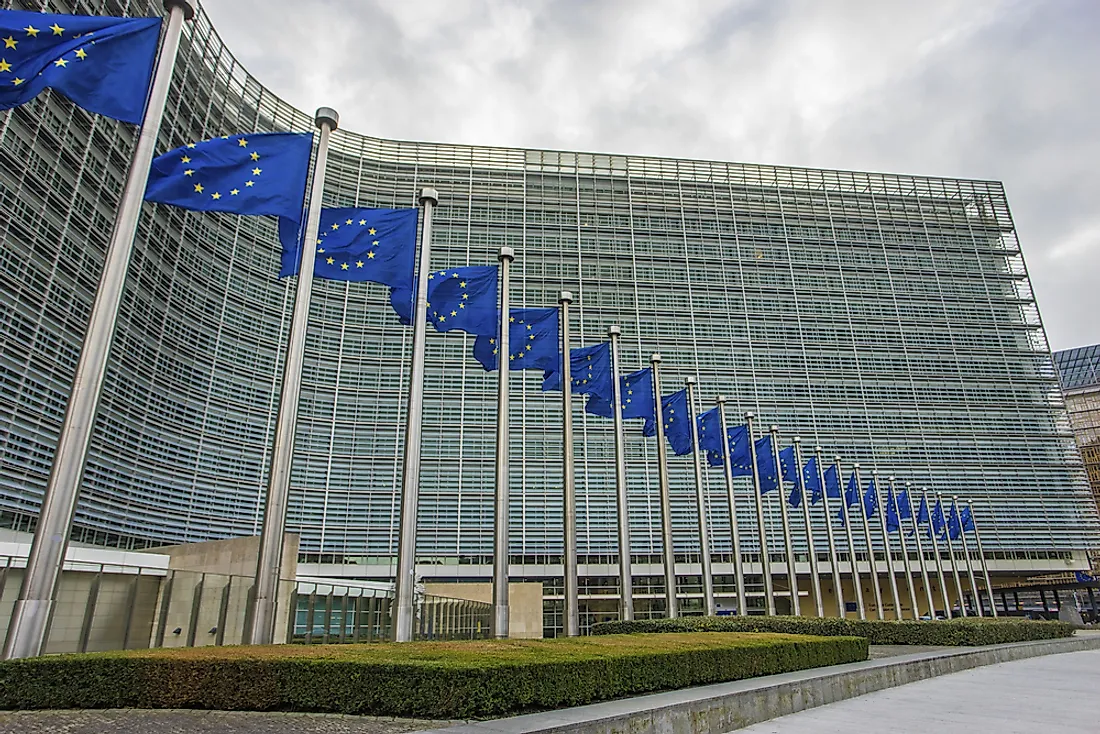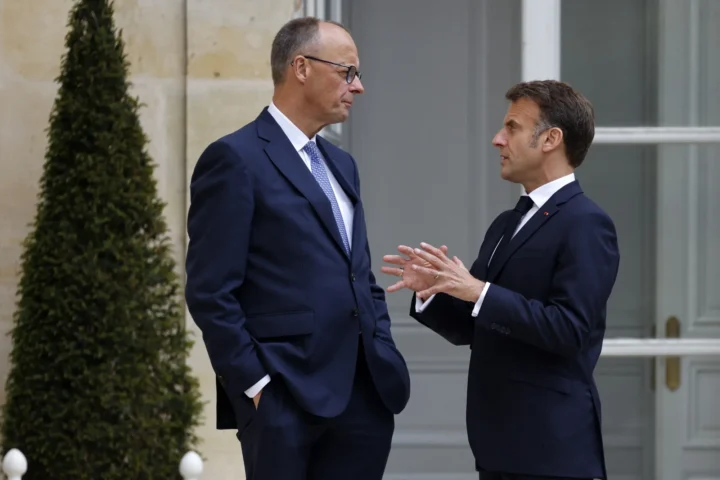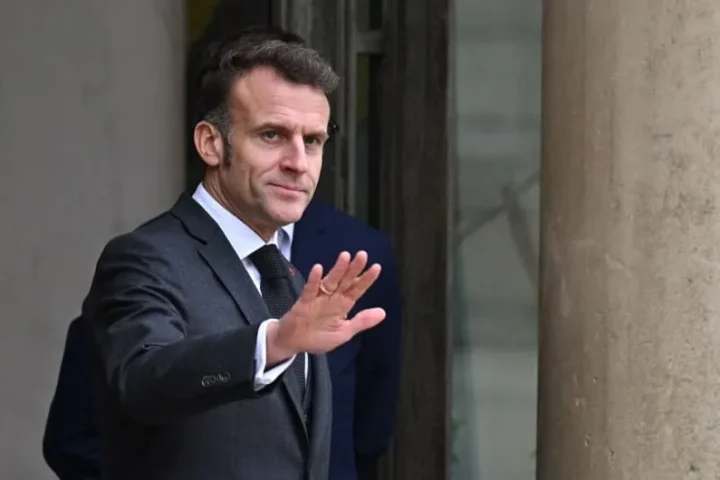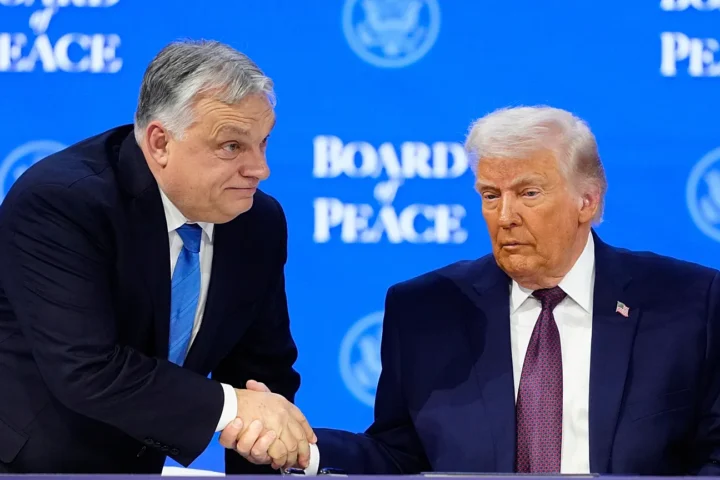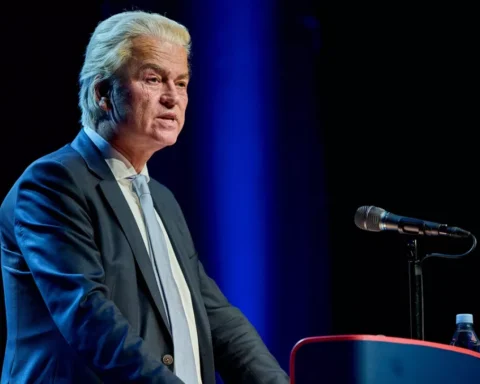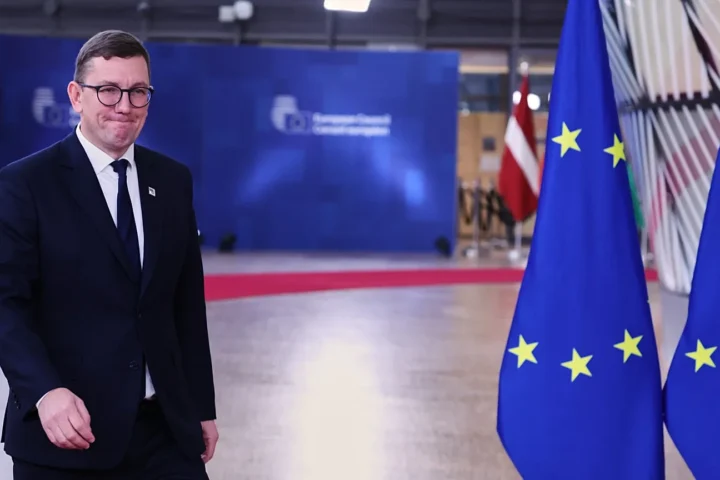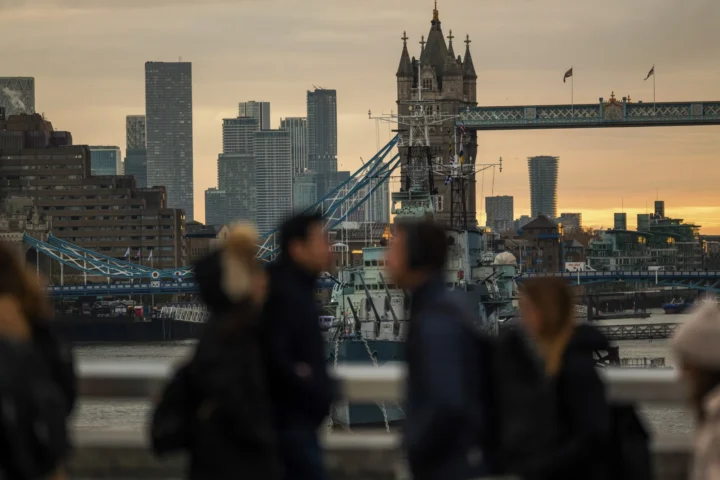Europe, once the epicenter of global economic, political, and cultural influence, now finds itself facing new challenges in an increasingly multipolar world. While the region remains home to some of the world’s most powerful economies and institutions, it has been gradually losing ground to emerging players like China and India. In this shifting global landscape, what can Europe do to regain its prominence and ensure its continued relevance on the world stage?
Here are key actions Europe can take to reclaim its leadership role:
1. Revitalize Economic Growth
To regain global competitiveness, Europe must tackle stagnating growth and low productivity in several key sectors. This includes investing in cutting-edge technologies such as artificial intelligence, robotics, and renewable energy. By nurturing innovation and encouraging the start-up ecosystem, Europe can diversify its economy and create new industries that will lead the way in the coming decades.
2. Enhance Digital Transformation
Digitalization is no longer optional for any region; it’s a necessity. Europe lags behind the U.S. and China in digital infrastructure, and addressing this gap is critical for economic growth. Expanding digital connectivity, implementing 5G networks, and investing in digital education can help businesses, governments, and citizens become more competitive in the global market.
3. Invest in Green Energy
The European Union has long been a champion of environmental sustainability, and its Green Deal is a step in the right direction. However, to truly lead the world in combating climate change, Europe must accelerate its investments in renewable energy sources, green technologies, and sustainable manufacturing. This will not only help the planet but will position Europe as a leader in the growing global green economy.
4. Foster Stronger Global Partnerships
Europe can no longer afford to operate in isolation. Building stronger trade relationships, alliances, and diplomatic ties with emerging markets, particularly in Africa and Asia, is essential for Europe to maintain global influence. Strategic partnerships with countries like India, Brazil, and South Africa will open new doors for trade and collaboration on global challenges.
5. Increase Military and Security Cooperation
In light of rising global instability and geopolitical tensions, Europe must strengthen its military and security capabilities. This includes increasing defense spending, modernizing armed forces, and promoting deeper integration within NATO. A unified and robust European defense posture will help ensure the region’s security and global standing.
6. Support Innovation and Education
Europe’s education system is world-renowned, but more investment is needed to stay ahead in the global knowledge race. By prioritizing STEM (science, technology, engineering, and mathematics) education, encouraging research and development, and attracting international talent, Europe can foster the next generation of innovators and entrepreneurs.
7. Regulate Technology and Data
Europe has been at the forefront of regulating tech giants like Google, Facebook, and Amazon, with initiatives such as GDPR (General Data Protection Regulation). Moving forward, Europe needs to continue setting the tone for global tech regulations, focusing on ethical AI, data privacy, and internet governance. This will ensure that Europe remains a hub for trust and innovation in the digital age.
8. Rebuild Social Cohesion
Social divisions and political fragmentation are increasing in many European countries. To strengthen Europe’s position in the world, the region must address internal divisions, promote social cohesion, and ensure that its citizens benefit from the global economy. Tackling inequality, investing in healthcare and social services, and creating opportunities for all will reinforce Europe’s political stability.
9. Ensure Leadership in Global Institutions
Europe must maintain and expand its influence within major international institutions such as the United Nations, World Trade Organization, and the International Monetary Fund. By continuing to push for stronger global governance, Europe can help shape the rules of the international order to reflect its values and interests.
10. Be Proactive on Human Rights and Democracy
Europe has long been a defender of democracy, rule of law, and human rights. In a time when authoritarian regimes are rising in various parts of the world, Europe must continue to advocate for these values on the global stage. Leading efforts to promote human rights and democracy in international forums will enhance Europe’s moral authority and global influence.
Conclusion
Europe’s ability to reclaim its place on the global stage depends on its willingness to adapt to the changing global environment. By embracing innovation, fostering strategic partnerships, and asserting leadership on issues such as climate change and human rights, Europe can once again be a driving force in the 21st century. The path ahead may not be easy, but with concerted effort and vision, Europe can reclaim its role as a global powerhouse.
